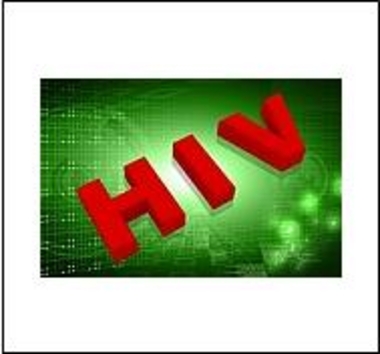Fresh start for the New Year

It’s a new year, and with it comes the promise of a fresh start for those who recognize the need to make life changes. Change can be a hard thing to manage for some of us. Some experts say that it takes between thirty and sixty days of concerted effort to change a behavior.
For many of us, that timeline is actually longer because we start, fall off the wagon, and have to start over a few times. Even with setbacks, if we put our minds to it, we can change.
With this said, we often need some support to do so. To assess where you are and how to begin, first make a list of any behaviors that might increase your risk of contracting HIV. Obviously, engaging in risky sexual behaviors or having sex with multiple partners is a huge risk factor. However, your sexual behaviors might be relatively tame and non-problematic, unless you’ve had too much to drink. If this is the case, drinking may be the behavior you have to target.
Perhaps you usually have your life together and there isn’t much risk…except for that one person who twists you in knots and for whom you’d do anything just to get noticed. Aside from sex or mind-altering substances, your issue might be that you are very casual in sharing needles, razors, toothbrushes, or other paraphernalia that can transmit the virus.
Once you have determined which behaviors you would like to change, enlist the help of a trusted professional (a counselor, doctor, advocate, ally, etc.) who can help you come up with a plan and who will hold you accountable. This should not be a person who will enable your risky behaviors because they like you, but someone who will encourage you and help you stay on course.
If you have engaged in behaviors that increase your risk factors for HIV but you have not tested, I strongly encourage you to do so. Ignorance is not bliss! Ignorance is death. If you are HIV+, work with your healthcare team to make sure that you are receiving the best care possible. You absolutely must be an equal partner in all of the decisions that need to be made regarding nutrition, lifestyle, and medications so that you can live a long, happy life.
If you need resources, a good place to start is with the Oklahoma State Department of Health. If you are in the OKC metro area, you can stop by the physical location at 1000 NE 10th, or you may call (405) 271-5600. If you are located outside of the metro, call 1-800-522-0203.
If you have access to the Internet, you can access a statewide resource guide at www.ok.gov/health2/documents/HIV-STDResourceGuide.pdf. This document offers information on a wide range of services and resources for each county in Oklahoma. So if you only make one serious resolution this year, resolve to be good to yourself and make any changes that improve your life.
By Mary Turner, HIV Health Columnist
The Gayly – January 14, 2015 @ 2:30pm





